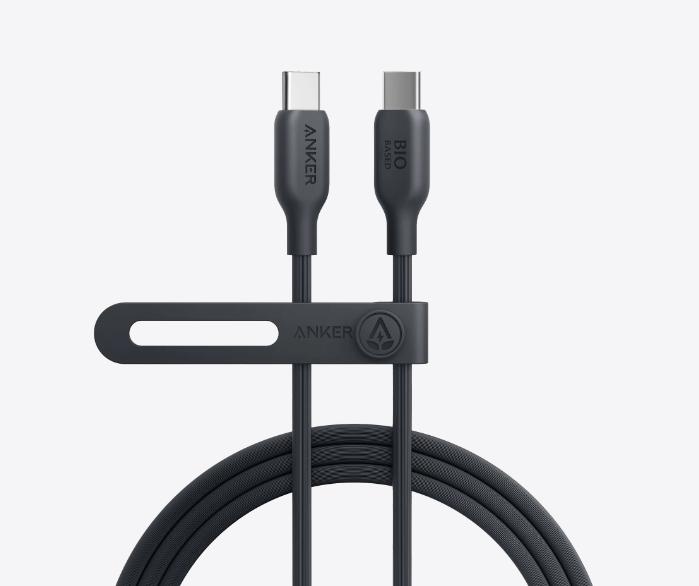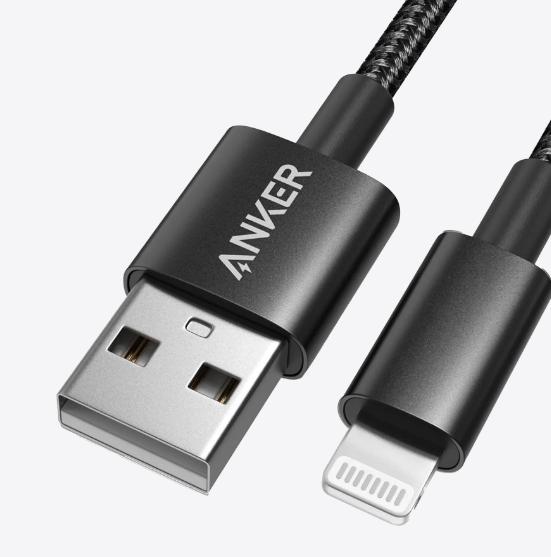When it comes to charging iPhones, the choice of cable matters more than you might think. Many users opt for third-party Lightning cables for their affordability and availability. However, these cables can come with hidden risks that may jeopardize your device’s health. Understanding the implications of using non-original accessories is crucial for the longevity of your iPhone.

What Are Third-Party Lightning Cables?
Third-party Lightning cables are products made by manufacturers other than Apple. These cables are marketed as cost-effective solutions that promise the same functionality as Apple’s original cables. However, not all third-party cables are created equal.
Apple-Certified (MFi) vs. Non-Certified Cables
Apple certifies some third-party cables through the MFi (Made for iPhone) program. These cables undergo strict testing to ensure compatibility and safety. Non-certified cables, on the other hand, do not meet Apple’s standards and can be less reliable and even harmful.
Why Some Users Prefer Third-Party Options
Users often prefer third-party options due to their lower cost and wider availability. Additionally, they come in various designs and lengths, offering flexibility that Apple’s original cables might lack.
Risks of Using Low-Quality Third-Party Lightning Cables
Using low-quality third-party Lightning cables can expose your iPhone to numerous risks.
Charging Malfunctions and Slow Speeds
Cheap cables often lead to inconsistent charging speeds or even fail to charge the device properly. These malfunctions can interrupt your device’s performance and become a source of daily frustration.
Overheating and Battery Damage
Low-quality wires and connectors can cause overheating, potentially leading to battery damage or reduced battery life. This not only affects your iPhone’s performance but can also be dangerous.
Port Damage and Data Transfer Issues
Inferior cables can damage the Lightning port on your iPhone, making it difficult or impossible to charge. They can also cause data transfer issues, resulting in incomplete or corrupted data being transferred.
What Is MFi Certification and Why It Matters
Apple’s MFi certification stands for “Made for iPhone/iPad/iPod” and signifies that the product meets Apple’s high standards for quality and performance. Using MFi-certified cables ensures your device charges safely and functions correctly.
How to Identify MFi-Certified Cables
MFi-certified cables are usually sold with the “Made for iPhone” logo. You can also find a unique identification number on the cable packaging, which you can verify on Apple’s website.
Apple’s Standards for Cable Safety
Apple’s standards include rigorous testing for durability, safety, and compatibility. MFi-certified cables use high-quality materials that prevent overheating and electrical issues.
Safe Alternatives: Trusted Third-Party Brands
Several trusted brands offer MFi-certified Lightning cables that are both safe and effective.
Anker Lightning Cables – Certified and Reliable
Anker’s lineup of USB-A and USB-C to Lightning cables redefine your charging experience with their slim yet durable design, various lengths, and exceptional charging and data transfer speeds. These MFi-certified cables ensure optimal compatibility and safe charging for your Apple products. Whether you need a short cable for on-the-go convenience or a longer one for flexibility, Anker has the perfect Lightning cable to meet your needs. Upgrade to Anker and revolutionize your charging experience.

Other Trusted Brands with MFi-Certified Cables
Other reliable brands include Belkin, Aukey, and AmazonBasics. These brands offer a variety of lengths and designs that provide the same level of assurance as Anker, ensuring safe and efficient charging for your iPhone.
How to Choose a Safe Lightning Cable
Selecting a safe Lightning cable is crucial for your device’s longevity.
Checklist: Durability, Certification, Warranty
When choosing a cable, ensure it is MFi-certified, durable, and comes with a warranty. A good cable should withstand daily use and offer a replacement guarantee.
Red Flags: Signs of a Poor-Quality Cable
Avoid cables that have thin wires, lack certification, or are sold at extremely low prices. These cables are often made of inferior materials and do not pass safety standards.
Conclusion
In conclusion, while third-party lightning cables can be a tempting purchase due to their lower price and appealing designs, using non-certified products can pose serious risks to your iPhone. Always opt for MFi-certified cables from trusted brands like Anker to ensure your device charges safely and efficiently. Taking the time to invest in a quality cable can save you from potential headaches and costly repairs down the line.
